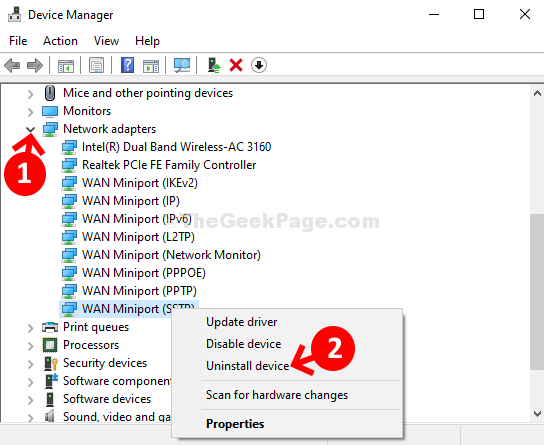

If you have the latter, then disconnecting it will be a bit easier, all you need to do is look for a disconnect button on the software’s interface.

However, some computers have VPNs from external software, normally provided by employers for work computers. PCs running windows have built-in VPN management software that configures any VPN settings your network is using. Not only will you want these traces gone, but doing so will improve your network connection by freeing up some resources and simplifying your network settings. Most commonly saved are the times you connect and disconnect a session, account details, and servers that you accessed. Most VPN providers state that they do not keep logs or traces of your online activity, but if you know how to look, you will find that they do exist. On the other hand, VPN is usually used by companies to make work computers more secure so if you do change jobs, these settings are virtually useless and will just be slowing you down.Īnother reason to consider disabling it is for privacy. A slow network can be caused by VPN and can be a sign or a trigger for you to disable even remove it from your computer.

There might be many reasons behind a bad connection. For example, it will make your Internet connection slower. While it allows you to access a local home network or surf the Internet privately, there are disadvantages to using VPN. This is great especially if some sites are inaccessible or limited based on your location or if you do not want anyone to know that you are accessing these websites. Both built-in and external VPN software hides your own network connection and instead, uses one of the many servers they have so that it appears that you are browsing using these other IP addresses. In short, your online activity stays anonymous, which is what you should do if you are connecting to a public WiFi network.Īnother reason why VPN is popular is the possibility of hiding your location. Thus, your connection and your computer’s information are all kept secret, including your emails, passwords, and browsing history. A VPN basically makes a data tunnel between your network and another one, so that your computer and network’s identity are kept secret. VPN protects not just your computer, but your personal information and browsing history when you connect to such unsecured networks. However, it might not be the case when you like to use public WiFi networks. There are fewer security risks if your home connection is secure and maybe a VPN is not necessary. If you are mostly using your personal computer at home, then you will mostly be using your home network.


 0 kommentar(er)
0 kommentar(er)
